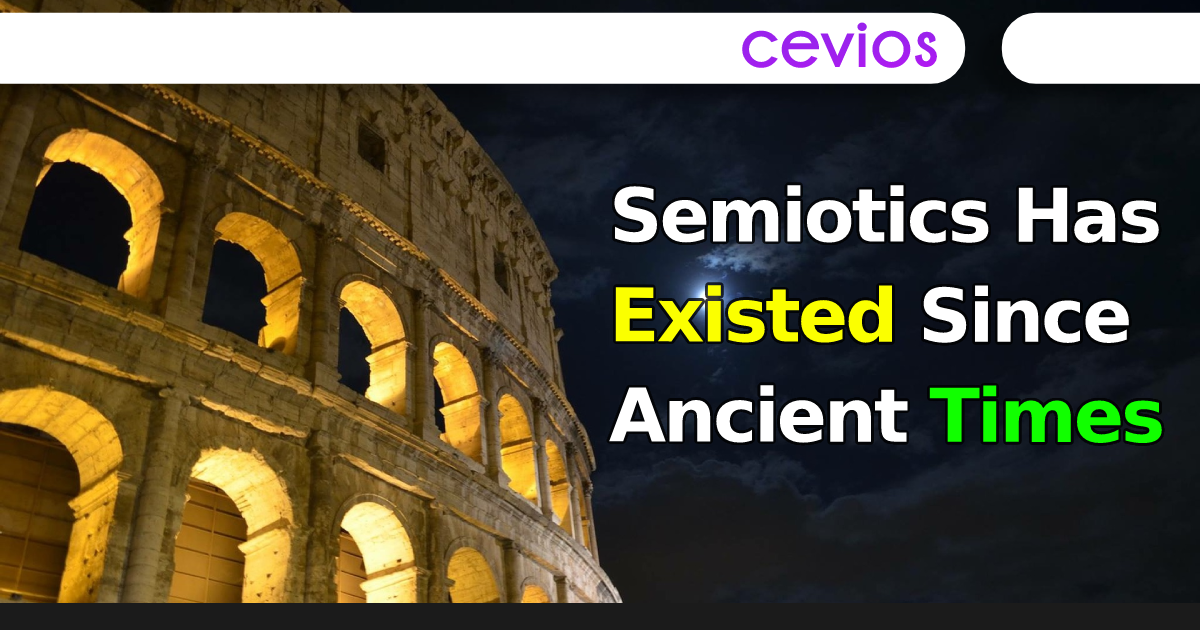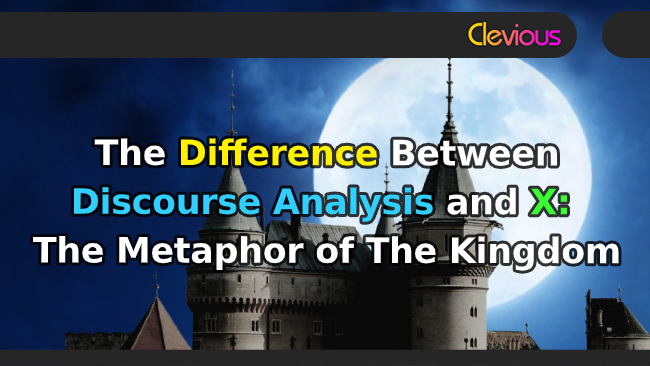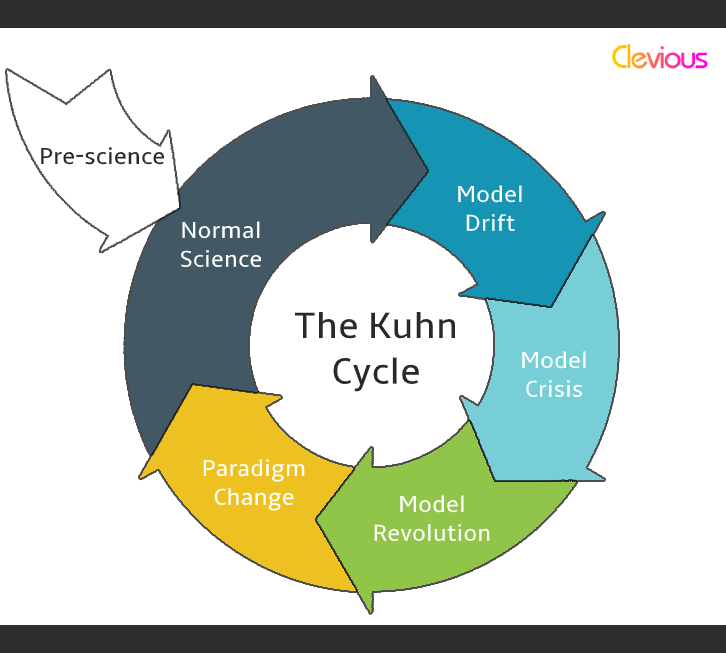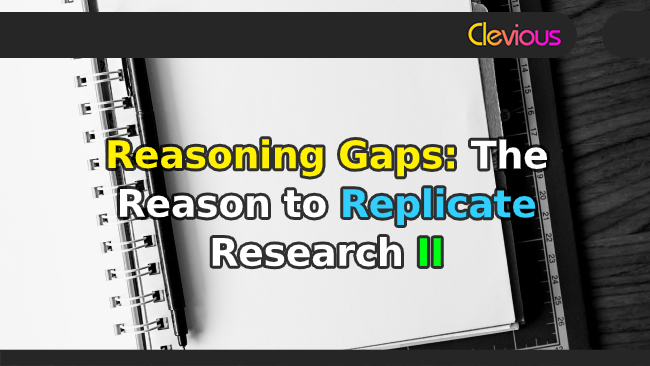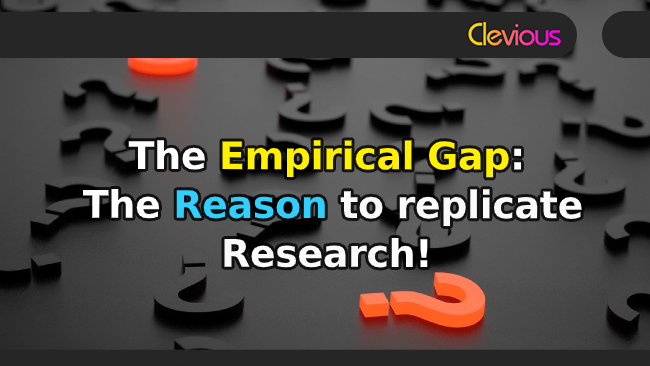Semiotics as the study of signs and semiosis[1] is very ancient.
According to Charles William Morris, the word semiotics originates from the Greek medical traditions that adopted sign interpretation as a way of facilitating medical diagnosis and prognosis.
Although its origin is medical, the history of semiotics is mainly linked with philosophical reflections: Over the…
